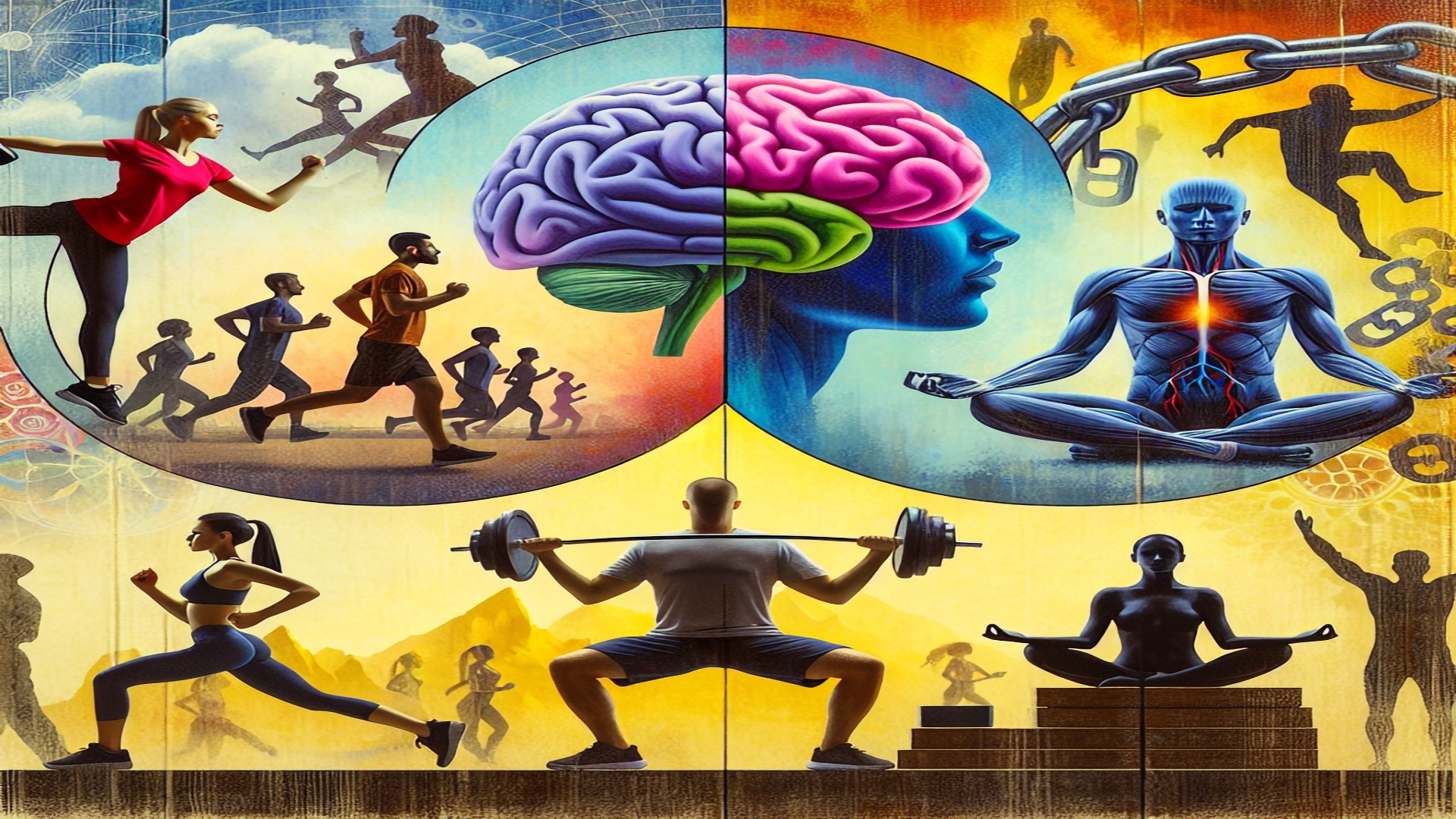
Exercise can help to regulate stress hormones and trigger the release of mood-boosting neurotransmitters. When combined with other treatments, exercise can help with symptoms of several mental health conditions, including depression and ADHD.
It’s well known that regular exercise has numerous positive health outcomes for the body, such as strengthening the muscles, bones, heart, and lungs and helping to prevent certain diseases. One often-overlooked benefit is the impact of physical activity on mental health. Considering the high prevalence of anxiety, depression, and other mental health conditions worldwide, countless people may benefit from the positive mental health effects of exercise.
In this article we’ll address the relationship among exercise, various mental health conditions, and the brain, as well as how diet may impact your mental health.
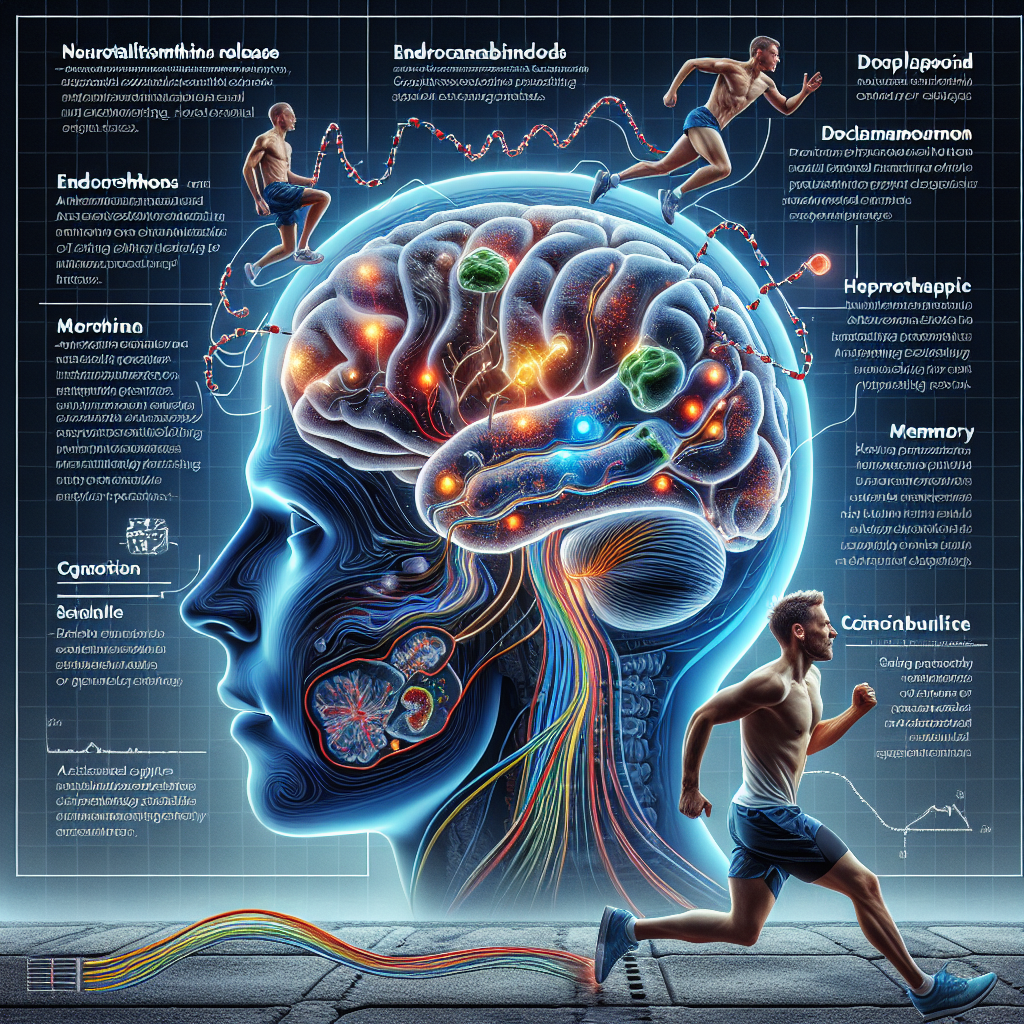
How Does Exercise Impact the Brain?
While exercising may seem fairly simple on the surface, a complex chemical cascade occurs inside your body each time you go for a run, hit the gym, or participate in any other physical activity.
This chemical cascade is responsible for several positive effects on your brain.
Releases Neurotransmitters
As you begin exercising, depending on the intensity, a number of important chemical messengers called neurotransmitters are released throughout your nervous system.
Endorphins and Endocannabinoids
Perhaps the most common neurotransmitters people think of in relation to exercise are endorphins. But lesser known neurotransmitters called endocannabinoids also play an important role in your brain when you’re working out. Endorphins block pain and increase sensations of pleasure, and exercise certainly increases your endorphin levels.
But recent research suggests that the euphoric feeling you get after a hard workout may result from endorphins and endocannabinoids working in tandem. Endocannabinoids, in particular, are a group of neurotransmitters that are thought to be responsible for that “runner’s high” — the feeling of calm euphoria that occurs after a strenuous workout.
Dopamine
Another impactful exercise-related neurotransmitter is dopamine.
Dopamine plays an important role in how you feel pleasure. It’s also responsible for other processes in your body, such as regulating heart rate, sleep cycles, mood, attention, motivation, working memory, learning, and pain processing.
Promotes Neuroplasticity
Neuroplasticity is the ability of your brain and nervous system to change their activity in response to internal or external stimuli. This plays a huge role in learning new skills, activities, and languages. Some research suggests that exercise can promote neuroplasticity by increasing certain signaling factors.
Increases oxygen supply to the brain
As your heart starts to pump faster during exercise, it increases the oxygen supply to your brain. This results in certain changes to the blood vessels of your brain, promoting potential improvements in executive function, which includes working memory, flexible thinking, and self-control.
In a 2021 study in 48 adults with mild cognitive impairment, researchers looked at the impact of exercise on blood flow to the cerebrum. This is the largest part of the brain and is responsible for higher intellectual function, sensory impulses, and motor activity. They found that a 1-year moderate to vigorous exercise program increased cerebral blood flow and reduced the risk of further cognitive decline.
This suggests that regular physical activity can improve blood flow to important parts of your brain, in turn reducing your risk of conditions related to cognitive decline, such as Alzheimer’s disease and stroke.
Summary
When you exercise, a number of neurotransmitters are released, including endorphins, endocannabinoids, and dopamine. Exercise also promotes neuroplasticity and increases oxygen supply to your brain.

What are the Mental Health Benefits of Exercise?
Can relieve stress
It may be no surprise to you that regular exercise is touted as a potent stress reliever. You may have experienced this firsthand. For example, maybe you’ve come home from a brutally stressful day at work and decided to hit the gym, and suddenly you’ve felt a bit of relief. Exercise is thought to reduce stress by reducing levels of stress-related hormones such as cortisol and adrenaline.
In animal studies, regular exercise has also been shown to provide resistance to various stressors. In other words, exercise doesn’t just help you handle stress — it may help prevent stress in the first place.
A 2015 study in a sample of highly trained and sedentary young men found that those who completed 30 minutes of moderate-intensity exercise were much more resilient to an acute stressor than those who did not exercise. Therefore, those who exercise may be able to better deal with common stressors, and this could improve their overall quality of life.
May improve self-confidence
Another mental health benefit closely linked with exercise is improved positive personal image and self-confidence. Several studies have found that regular exercise can contribute to an improved body image and better self-compassion. Therefore, being physically active can be a great way to boost self-esteem and feel good about your body.
Can improve mood
Yet another positive mental health benefit of exercise is its effect on your overall mood. Several studies indicate that performing regular physical activity is associated with a more positive mood and a reduction in negative thoughts. So, if you’re feeling down in the dumps, you may be one workout away from having a more positive outlook and beating mild feelings of depression.
Can promote better sleep
One commonly overlooked factor in maintaining mental health is how well you sleep at night. Although several factors affect your sleep quality, your level of physical activity appears to be particularly influential. A 2017 review of 34 studies concluded that exercise, regardless of the type, can improve sleep efficiency and duration. What’s more, exercise may improve sleep onset latency, or the time it takes you to fall asleep. Therefore, if you have difficulty getting enough quality sleep, incorporating regular exercise — regardless of the type — may provide great benefits.
May promote sharper memory and thinking
In addition to its numerous positive effects on mental health, exercise may positively impact your thinking and memory. Research suggests that exercising regularly can boost mental clarity and improve working memory and attention span. In addition, exercise has been shown to help reduce cognitive decline in adults over age 50.
While regular exercise can provide several general mental health benefits, it can also help relieve the symptoms of some specific mental health conditions, which we will look at in depth below.
Summary
The most commonly experienced, science-backed benefits of physical activity on mental health are reductions in stress, improved self-confidence, improved mood, better sleep quality, sharper memory, and clearer thinking.

Exercise and Depression
Depression is a common mental health condition worldwide, with about 5% of the global adult population experiencing it in varying degrees. The main symptoms are:
- depressed mood
- loss of interest in previously pleasurable activities
- low self-worth
- disrupted sleep
- thoughts of suicide
Regular exercise has been repeatedly shown to help manage symptoms of depression, with the most significant benefits being higher self-esteem, better life satisfaction, and fewer negative thoughts. In fact, a 2018 research review found that aerobic exercise in particular can have antidepressant effects.
Exercise may decrease depressive thoughts by increasing levels of brain-derived neurotrophic factor, an important protein in your brain that’s responsible for learning and cell growth. While aerobic exercise has been shown to be beneficial in reducing symptoms of depression, any type of exercise — from running to playing basketball or lifting weights — is likely helpful.
Exercise and Attention Deficit Hyperactivity Disorder (ADHD)
ADHD is a common mental health condition. People who have ADHD may experience difficulty paying attention, impulsive behavior, and overactivity. The cause is an imbalance of neurotransmitters (chemical messengers) in the brain, primarily dopamine. ADHD is often treated with medications to promote concentration and reduce impulsive behavior, but research suggests that exercise can be an excellent complementary treatment for ADHD.
Specifically, physical exercise has been shown to help regulate dopamine levels in the brain, improve executive functions, and improve attention in children and adults with ADHD. While most studies use aerobic exercise in ADHD interventions, it’s important to incorporate a combination of aerobic (cardio) and resistance training into your exercise routine to maximize the health benefits.
Exercise and Anxiety
While we all may feel anxious at times, generalized anxiety disorder (GAD) is defined as experiencing excessive anxiety or worry most days for at least 6 months. Some common symptoms of GAD are:
- restlessness
- fatigue
- irritability
- sleeplessness
Medications, cognitive behavioral therapy (CBT), and meditation are common treatment methods. One alternative method of managing the symptoms of GAD is regularly engaging in purposeful exercise. In fact, a 2018 research review found exercise to be a viable treatment method for anxiety disorder and concluded that higher intensity exercise was more beneficial than lower intensity regimens. Therefore, regular exercise seems to be a viable alternative treatment option for anxiety disorder in combination with prescribed medications.
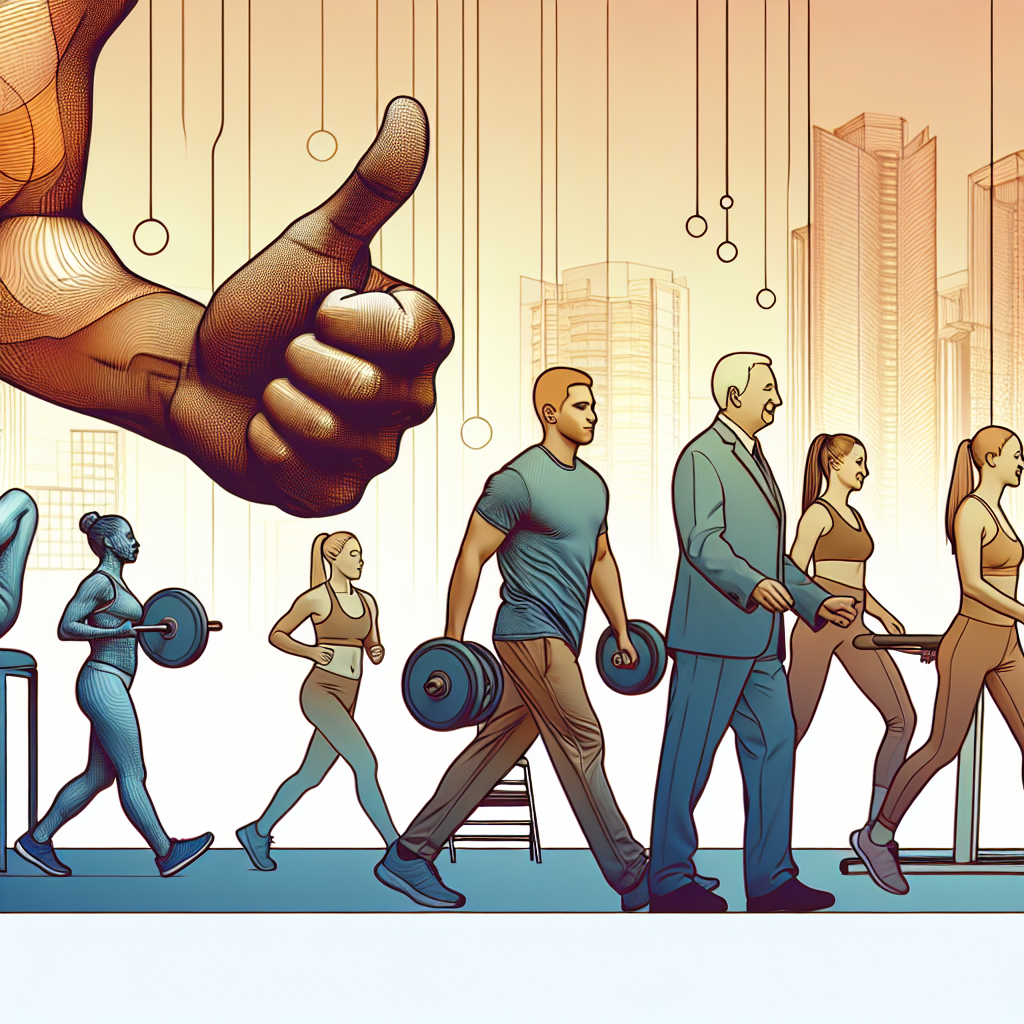
Exercise and Bipolar Disorder
Bipolar disorder is a mental health condition that causes unusual shifts in mood and energy levels, impacts your ability to concentrate, and may impact your ability to complete everyday tasks. This condition in commonly characterized by episodes of depression and mania, although in some cases symptoms are mixed. Traditional treatment methods include mood-stabilizing or antipsychotic medications and psychotherapy. In addition to traditional treatment methods, exercise has been shown to help manage symptoms of bipolar disorder.
More specifically, regular physical activity may help reduce shifts in mood and promote an improved sense of well-being in people with bipolar disorder. Many of the medications commonly prescribed for bipolar disorder list weight gain as a side effect, and regular exercise may also help limit this effect.
Exercise and Obsessive-Compulsive Disorder (OCD)
OCD is a condition that can cause uncontrollable recurring thoughts (obsessions) and behaviors (compulsions) that you feel the urge to repeat over and over. Depending on the severity, this disorder can affect all aspects of life, including work, school, and home life. The most common treatment approach is medication — such as serotonin reuptake inhibitors (SRIs) — paired with CBT, a type of psychotherapy that targets specific behaviors.
A popular alternative treatment method for OCD is a regimented exercise program. In a 2017 study in 56 adults with OCD, researchers noted a significant reduction in OCD symptoms following a 12-week aerobic exercise program. In addition, they found reductions in feelings of anxiety and depression, two other symptoms common in people with OCD. This suggests that regular exercise may be a beneficial complementary treatment for OCD.
Exercise and Post-Traumatic Stress Disorder (PTSD)
PTSD is a condition that may develop in people who have experienced a shocking, scary, or dangerous event. People living with PTSD may experience flashbacks, bad dreams, or frightening thoughts associated with their initial traumatic experience. They may also be easily startled, feel edgy, or have trouble sleeping. Traditionally, treatment for PTSD includes taking antidepressant medications and participating in psychotherapy (talk therapy) to overcome negative feelings associated with the traumatic event.
In recent years, exercise has become a common complementary treatment approach. Several studies suggest that regular physical activity can help reduce PTSD symptoms in a number of ways, including:
- desensitizing a person to internal arousal cues
- enhancing brain function
- regulating levels of hormones associated with stress
- promoting neuroplasticity
Including regular exercise alongside traditional treatment methods appears to be hugely beneficial for addressing PTSD symptoms.
Summary
Regular physical exercise may have positive effects on several mental health conditions, including depression, ADHD, generalized anxiety disorder, bipolar disorder, OCD, and PTSD.
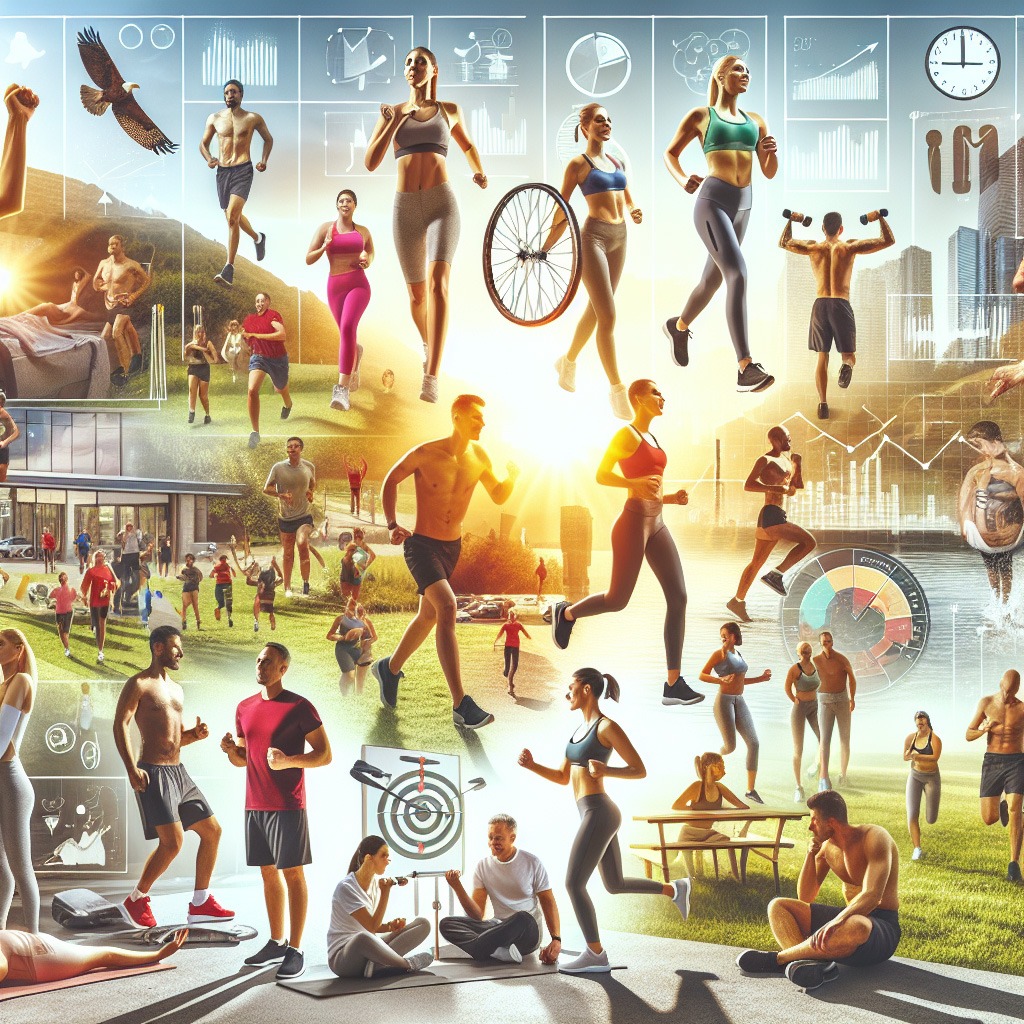
Tips for Developing an Exercise Routine for Mental Health
Whether you’re just starting to exercise or you’re a seasoned veteran, there are a few important things to keep in mind when developing your routine, especially if you live with a mental health condition.
Some mental health conditions may make it harder to feel motivated to exercise. Therefore, creating a strategy to stay consistent may be very helpful.
Here are the top tips to help ensure success when developing an exercise routine:
- Find your ideal time of day. Some people are morning people, while others do best working out in the evening or at night. If you find your ideal time for physical activity, you’ll be more likely to stick to your routine.
- Set attainable goals. Creating achievable goals is super important for staying motivated. Set small goals and celebrate those wins.
- Include exercises you enjoy. It can be hard to stay motivated to exercise if you don’t enjoy the activities you’re doing. Choose exercises that make you feel good, and try to have fun while doing them.
- Work out with a friend or a group. Working out with a friend or group may just give you the motivation and accountability you need to stay consistent.
- Work with a personal trainer. If this is an option for you, having a professional guide you through your exercises may provide a boost of motivation and encourage you to get the most out of each session and keep coming back.
Summary
Set attainable goals and make your workout something you enjoy. You’ll reap the most mental health benefits from exercise if you find something you enjoy doing and maintain the habit long-term.
The Bottom Line
Mental health conditions affect a significant percentage of the worldwide population. Medications and psychotherapy are common traditional treatment methods, but regular exercise has been shown to be a promising complementary treatment approach.
Exercise promotes the release of hormones in your brain that can contribute to reduced stress, improved self-confidence, improved mood, better sleep quality, and sharper memory and thinking. More specifically, regular exercise can positively impact many mental health conditions, including depression, ADHD, generalized anxiety disorder, bipolar disorder, OCD, and PTSD.
Consistency is important when you’re exercising for mental health benefits. It can be helpful to set attainable goals, find your ideal time of day to exercise, include exercises you enjoy, and maybe even work out with a friend. It’s also important to follow a nutritious diet, as diet has been shown to be an influential factor in mental health. By participating in regular exercise and following a nutritious diet, you’ll be well on your way to improved mental health and an overall better quality of life.
 Add Row
Add Row  Add
Add 









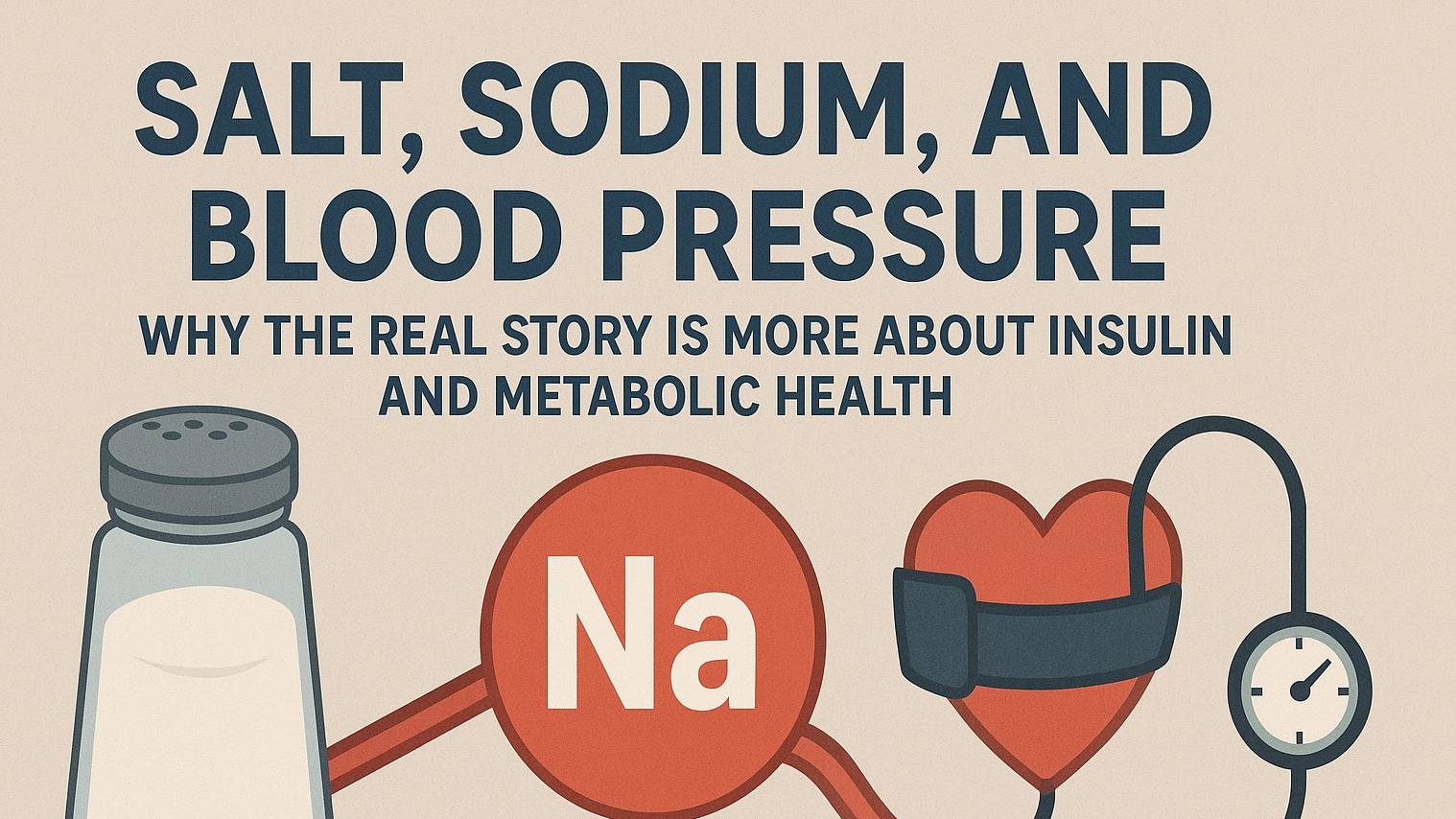
Write A Comment